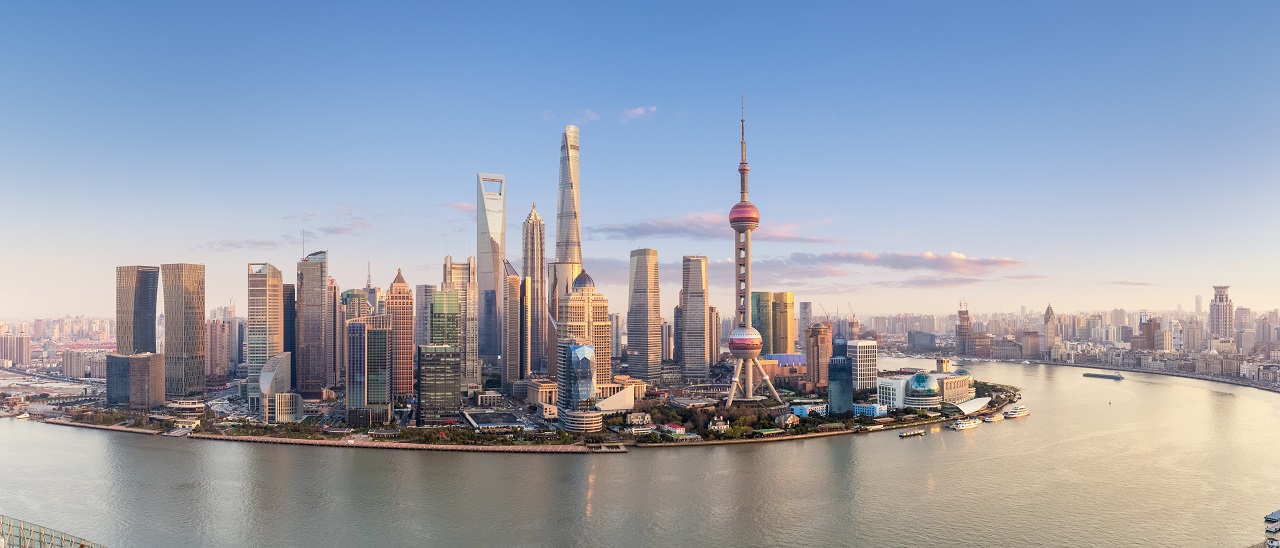China's growth miracle is a thing of the past. Over the next five years, average growth will be just 3.9%. Ten years ago, annual growth was around +10%. According to our experts, China's role as the absolute engine of the world economy has come to an end.
"The slowdown in Chinese growth also means upheaval for many Western economies. The IMF estimates that if Chinese growth falls by one per cent, the rest of the world will grow by 0.3 per cent less. This forecast is also sensitive information for Belgium. Retail chains that import cheaply from China will find it difficult to find production facilities, because China will be selectively choosing the sectors that offer the greatest added value," explains Johan Geeroms, our Director Risk Underwriting Benelux. He believes that the Chinese recession will change the situation. China will not continue to play its role as the 'factory of the world'.



